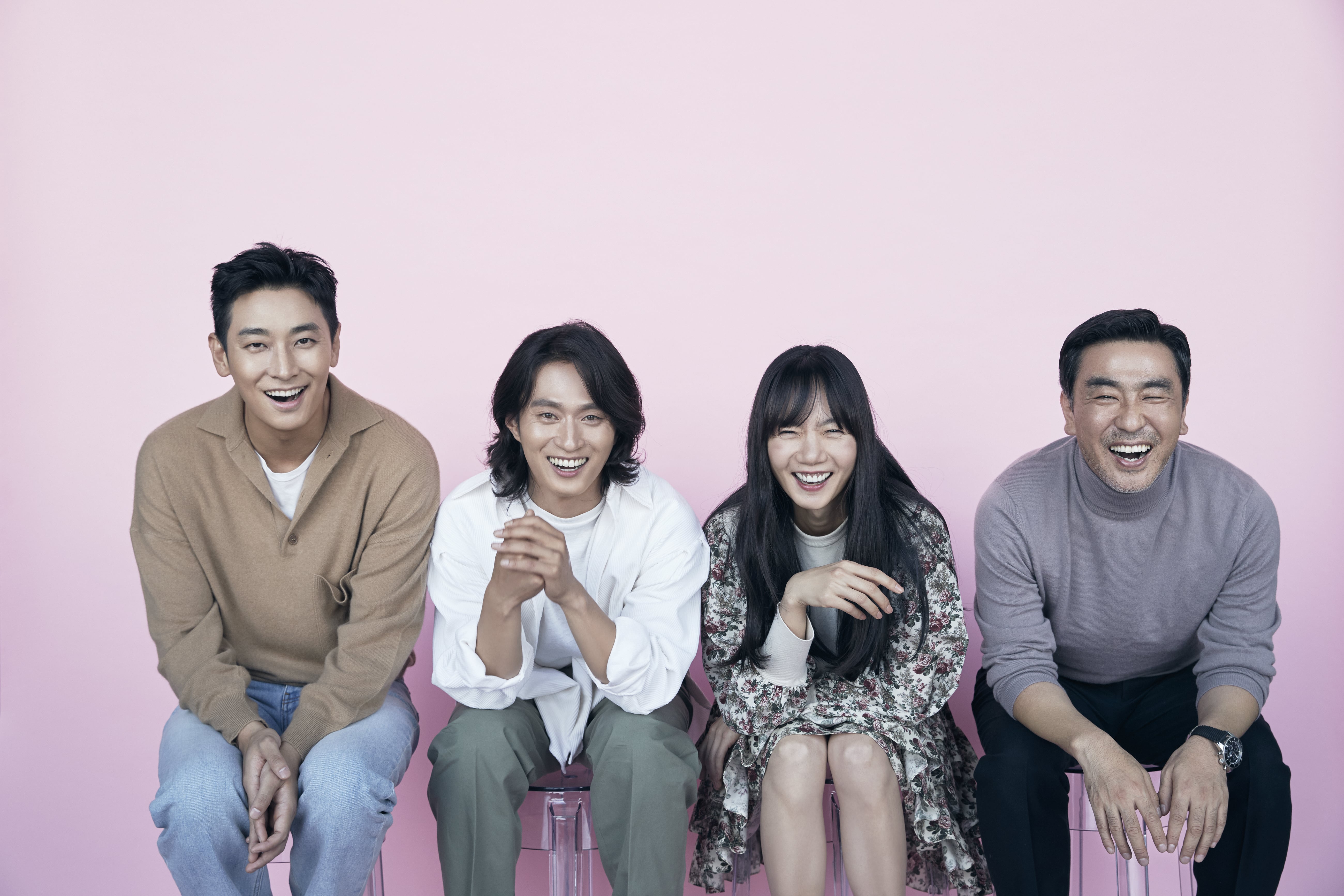
The second season of Netflix’s historical zombie Korean drama Kingdom kicks off right where the first season left off. The themes of political power and class struggle that took root in the first season continue to evolve. Queen Consort Cho (Kim Hye-jun) and her father Jo Hak-joo (Ryu Seung-ryong) vie for more power, while Crown Prince Lee Chang (Ju ji-hoon) fights for his rightful succession to the throne. Meanwhile, a zombie invasion threatens the livelihood of Hanyang (modern-day Seoul).
Zombies as a Metaphor for Hunger
In Kingdom, politicians vie for power while average citizens suffer from famine. The entire plot of Kingdom is a microcosm for political power and class struggle in contemporary South Korean society, reflecting the growing economic inequality also highlighted in the recent South Korean film Parasite.
Kingdom is in fact inspired by a passage from The Annals of the Joseon Dynasty, which documents thousands of unexplainable deaths during Korea’s Joseon Dynasty (in reality likely due to famine or disease). Inspired by these deaths, writer Kim Eun-hee (who also wrote Signal) decided to bring the dead back to life in the form of zombies in order to symbolize their pain and suffering.
The aimless and hungry zombies in Kingdom are attracted to living flesh—an apt metaphor for the hunger that the poor and working class experience. The zombie disease spreads because politicians are more focused on their personal agendas within the safety of the palace; those in power refuse to prioritize the needs of the people over personal gain.
The zombies’ hunger not only reflects Joseon society, but also the contemporary struggle of the poor and working class in South Korea. The popular phrase “Hell Joseon” encapsulates the sadness that many South Koreans feel about their socioeconomic condition. “Hell Joseon” criticizes the socioeconomic dynamics of contemporary South Korea and her people’s massive dissatisfaction with local life; a life that 75% of young people want to escape.
The themes of hunger and survival in Kingdom also reflect broader economic concerns for older generations too. South Korea has the lowest fertility rate in the world, which drives an aging population and a shrinking workforce. South Korea also has a significant issue with growing poverty among its senior citizens.
“It’s not a light story. It’s about today’s social issues. It’s about people’s sadness. People are driven by hunger and those who would do anything for power. It’s a period story but also a story that travels in time,” Bae Doona said in an interview with Cinema Escapist.

An Exciting New Season
Fans of Kingdom won’t be disappointed. Season two is as fast-paced as the previous season, with more focus on the royal bloodline and lineage—themes that actor Ryu Seung-ryong says point to survival and protecting what’s precious.
Actor Ji Ju-hoon said that “season one was loved. There were a lot of expectations to meet. But when we got the script [for season 2], I saw that this is going to be an epic narrative with a lot of twists.”
More than the plot itself, viewers should also pay attention to each of the characters and their own respective missions this season, whether it’s their desire to save the people from starvation and disease, or the journey to finding the root cause of the zombie disease.
The choices characters make with respect to their social classes also echo throughout the season. Actor Kim Sung-kyu, who plays Young-shin, noted that “[he] did a lot to make [his] character more believable. [His] favorite this season are the choices that [his] character made, and why he made them.”
Writer Kim Eun-hee said in an interview with Netflix that there’s a lot of tension, raw greed, and desire depicted in Kingdom’s story and its characters.
It’s easy to dismiss Kingdom as another zombie story like Train to Busan. But the series offers a more relatable critique of contemporary society in the form of class struggle: the tension between those in power fighting amongst themselves, and the tension between them and their subjects.
Kingdom is currently showing on Netflix.
• • •
Kingdom (Korean: 킹덤)—South Korea. Dialog in Korean. Directed by Kim Seong-hun. First released 13 March 2020. Starring Ju Ji-hoon, Ryu Seung-ryong, Bae Doo-na, Kim Sung-kyu, and Kim Hye-jun.
